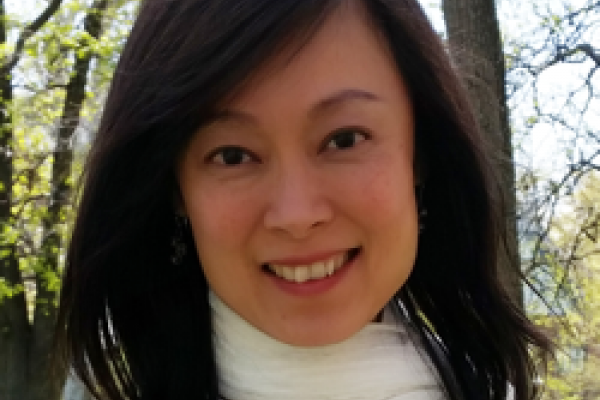
Institute for Chinese Studies presents the "China and the International Mediasphere" Lecture Series
“The Instrumentality of Jian 諫 for Imperial Remembrance: Admonishing Wei Emperor Ming against Extravagance”
Professor Meow Hui Goh
Department of East Asian Languages and Literatures
The Ohio State University
Abstract:
Jian 諫 (“admonition” or “remonstrance”)—an official offering advice to a ruler with the intention of eliciting a change in his behavior and governance—was a long-recorded practice in Chinese court culture. As a remembered practice, its enactment was necessarily a reenactment; in fact, it was by highlighting it as a reenactment—through recalling past acts of jian and the “admonishing officials” in history—that the full significance of an act of jian could be made explicit. While considering how an official drew on the past to situate and constitute his admonition, I will examine the act as simultaneously a remembered practice and a practice in remembrance. Focusing on the admonition presented to Wei Emperor Ming (204-239) by a group of officials in light of his extensive building activities, I will argue that jian was instrumental in shaping imperial remembrance for the purpose of governance and legacy formation.
Bio:
Meow Hui Goh, associate professor at Ohio State University's Department of East Asian Languages and Literatures, specializes in the literature, literary history, and cultural history of medieval China. Her book, Sound and Sight: Poetry and Courtier Culture in the Yongming Era (483-493) (Stanford: Stanford University Press, 2010), offers close examination of how a group of medieval Chinese poets integrated their Buddhist perception of the phenomenal world in their representation and negotiation of their identity as courtiers through poetry. Her current book project examines the memory of chaos in early medieval China through different forms of writing that depict the collapse of the Han Dynasty and its aftermath. She regularly offers classes in early and medieval Chinese literature, bibliography, and Classical Chinese, both at the graduate and undergraduate levels. She is Chair of East Asia Section of the American Oriental Society and was Secretary/Treasurer of the American Oriental Society, Western Branch, from 2006 to 2011. She has been a Post-doctorate Fellow at the Center for East Asian Studies, Stanford University, and recently completely her term as Director of Graduate Studies in DEALL. She is an awardee of an American Council of Learned Societies grant this year.
Co-sponsor: Department of East Asian Languages and Literatures
